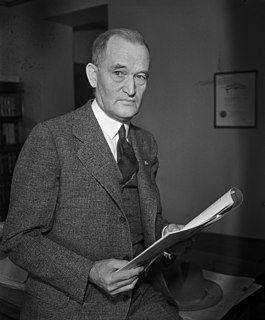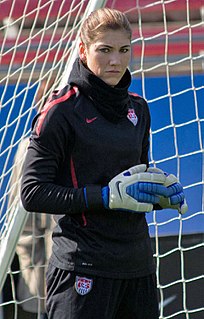A Quote by Jaume Cabre
The essence of a novelist is to invent things and speak the truth, at the same time.
Related Quotes
If people depend on me to be a man of truth, I have to prove again and again and again and again that I am a man of truth. It cannot be that on Monday I am a man of truth, on Tuesday I speak three-quarters truth, Wednesday I speak half-truth, on Thursday I speak one-quarter truth, on Friday I don't speak at all, and on Saturday I can't even think how to speak the truth.
Adorn yourself with truth, try to speak truth in all things; and do not support a lie, no matter who asks you. If you speak the truth and someone gets mad at you, don't be upset, but take comfort in the words of the Lord: Blessed are those who are persecuted for the sake of truth, for theirs is the Kingdom of Heaven (Matt. 5:10).
Certain mystes aver that the real world has been constructed by the human mind, since our ways are governed by the artificial categories into which we place essentially undifferentiated things, things weaker than our words for them. We believe we invent symbols. The truth is that they invent us; we are their creatures, shaped by their hard, defining edges.
A man must first of all understand certain things. He has thousands of false ideas and false conceptions, chiefly about himself, and he must get rid of some of them before beginning to acquire anything new. Otherwise the new will be built on a wrong foundation and the result will be worse than before. To speak the truth is the most difficult thing in the world; one must study a great deal and for a long time in order to speak the truth. The wish alone is not enough. To speak the truth one must know what the truth is and what a lie is, and first of all in oneself. And this nobody wants to know.
The point I would make is that the novelist and the historian are seeking the same thing: the truth – not a different truth: the same truth – only they reach it, or try to reach it, by different routes. Whether the event took place in a world now gone to dust, preserved by documents and evaluated by scholarship, or in the imagination, preserved by memory and distilled by the creative process, they both want to tell us how it was: to re-create it, by their separate methods, and make it live again in the world around them.




































